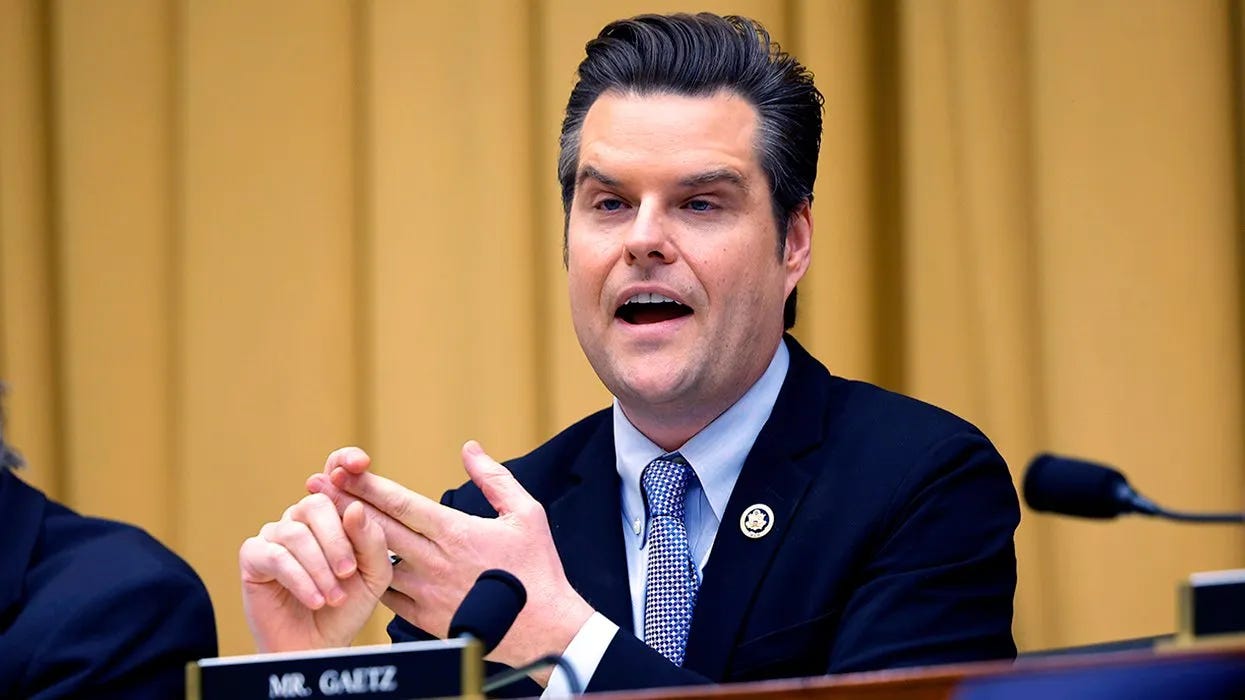Trump’s Cabinet Picks: A Dream Team If Your Dream Is a Disaster
As Donald Trump begins to assemble his cabinet for a potential second term, his selections raise eyebrows—and not in a good way. From controversial figures with little to no relevant experience to outspoken political allies with histories of scandal, Trump’s nominees are far from conventional. Whether it’s a health secretary with a history of spreading …





